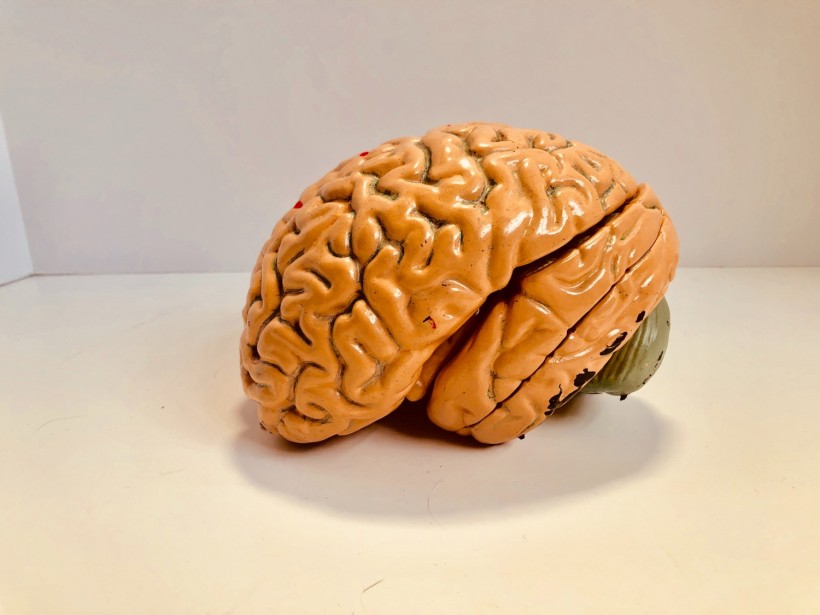Age-related cognitive decline is a natural aspect of aging, affecting memory recall, information processing, and conceptual reasoning. New Atlas reported that researchers at the University of Colorado Anschutz Medical Campus have identified a brain-related mechanism responsible for this decline, offering hope for potential medical interventions.

Brain Protein Mis-Regulation Holds the Key for Age-Related Cognitive Decline, Researchers Say
Modifying Brain Protein To Prevent Age-Related Cognitive Decline
The study's co-senior author, Ulli Bayer, a pharmacology professor at the UC School of Medicine, explained in a news release that age-related cognitive decline involves the misregulation of a vital brain protein called CaMKII, which plays a crucial role in memory and learning.
The research, titled "Decreased nitrosylation of CaMKII causes aging-associated impairments in memory and synaptic plasticity in mice" published in Science Signaling, indicates that specific pharmacological treatment strategies could be employed to address this mechanism.
To investigate further, the researchers conducted experiments on young mice, altering the CaMKII protein in their brains, effectively inducing cognitive aging and replicating older animals' cognition.
In both humans and mice, normal aging involves a process called S-nitrosylation, which modifies specific brain proteins, including CaMKII. As this process slows down, memory, learning ability, and other executive functions decline.
According to Bayer, the study reveals that reducing the modification of CaMKII is enough to cause impairments in synaptic plasticity and memory similar to those observed during aging. The scientists propose that therapeutics could be developed to maintain nitrosylation function, potentially halting age-related cognitive decline without adverse effects.
However, they clarify that such treatment would only be effective for age-related cognitive decline and not for conditions like Alzheimer's disease and dementia. Targeting this protein pharmacologically is seen as the next logical step in exploring potential interventions.
Age-Related Cognitive Decline Vs. Dementia Explained
As per an article on the University of California San Francisco's website, normal aging involves subtle declines in certain thinking abilities, such as overall cognitive speed, attention, multitasking, and memory, attributed to age-related changes in brain structures. However, not all cognitive processes deteriorate with age; for example, language, reading, and verbal thinking tend to remain steady or even increase.
Moreover, dementia is not part of normal aging even though mild cognitive changes are a natural part of it. In typical aging, these changes are subtle, primarily affecting cognitive speed and attention.
On the other hand, atypical aging involves more severe cognitive declines, potentially impacting other thinking abilities like memory, problem-solving, communication, and social behavior.
Furthermore, atypical aging can also affect the motor system, leading to issues such as frequent falls or tremors. It can be challenging for clinicians to determine when cognitive changes become a cause for concern, as symptoms vary from person to person, making it difficult to define a universal standard for significant decline.
Cognitive abnormalities, such as those seen in Alzheimer's disease, may worsen in the years preceding diagnosis. Symptoms can include getting lost in familiar places, repetitive questioning, forgetfulness, personality changes, and more. Regular medical check-ups are crucial to monitor cognitive decline, as independent living should not be compromised during normal aging but may transition in neurodegenerative conditions.
RELATED ARTICLE: Breakthrough Alzheimer's Disease Drug That Slows Cognitive Decline Receives Full US Approval, UK Decision Looms
Check out more news and information on Neurology in Science Times.














